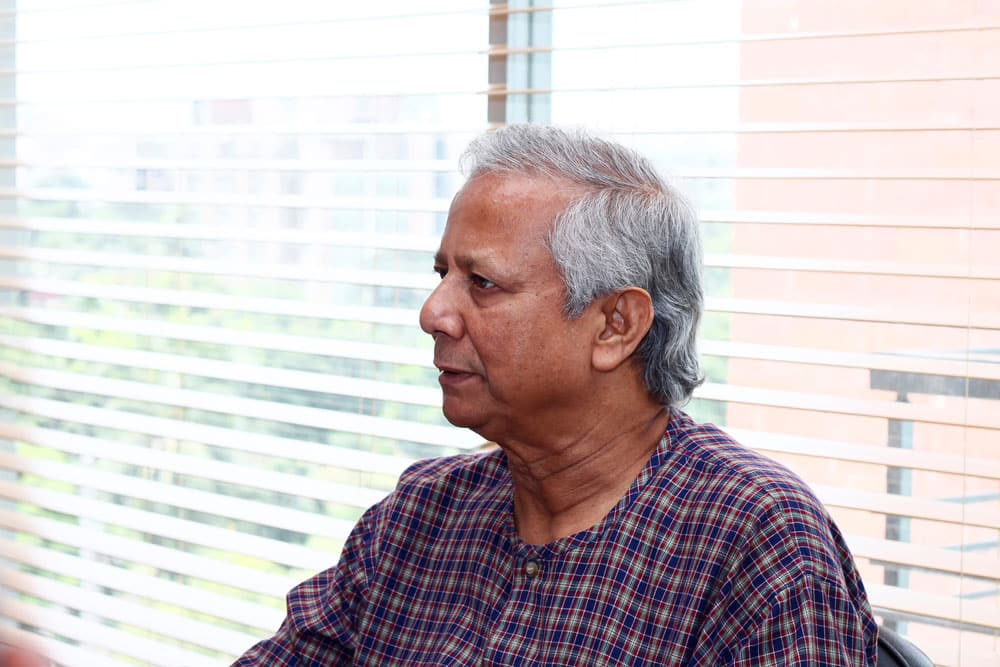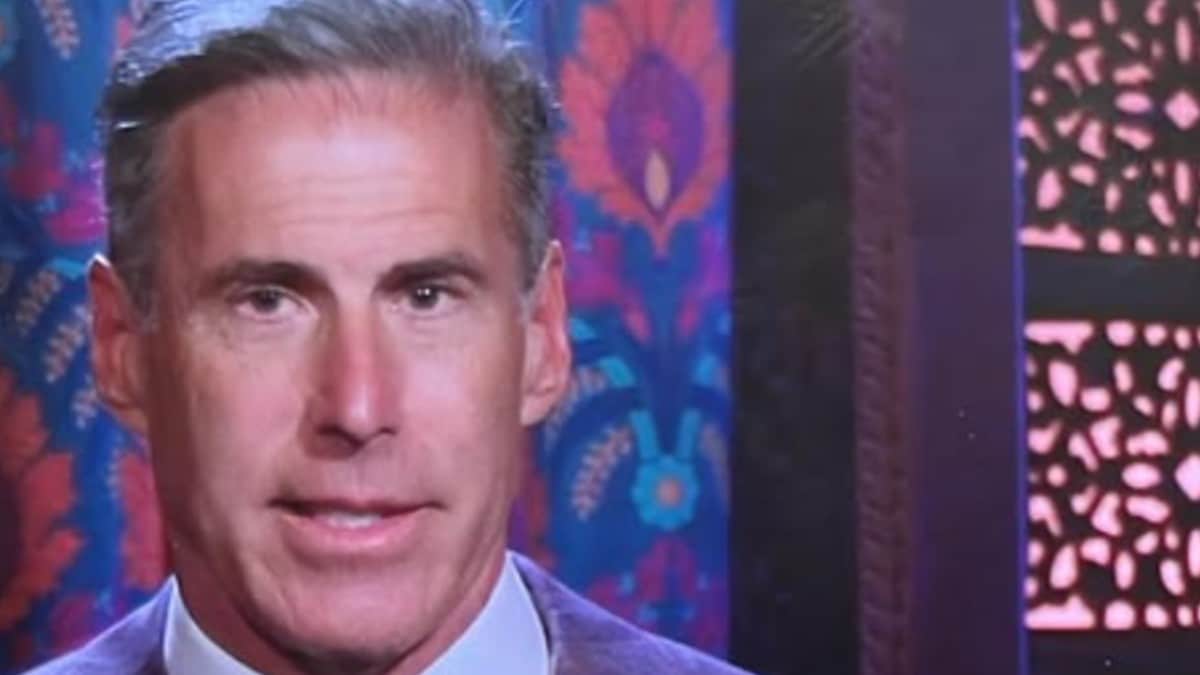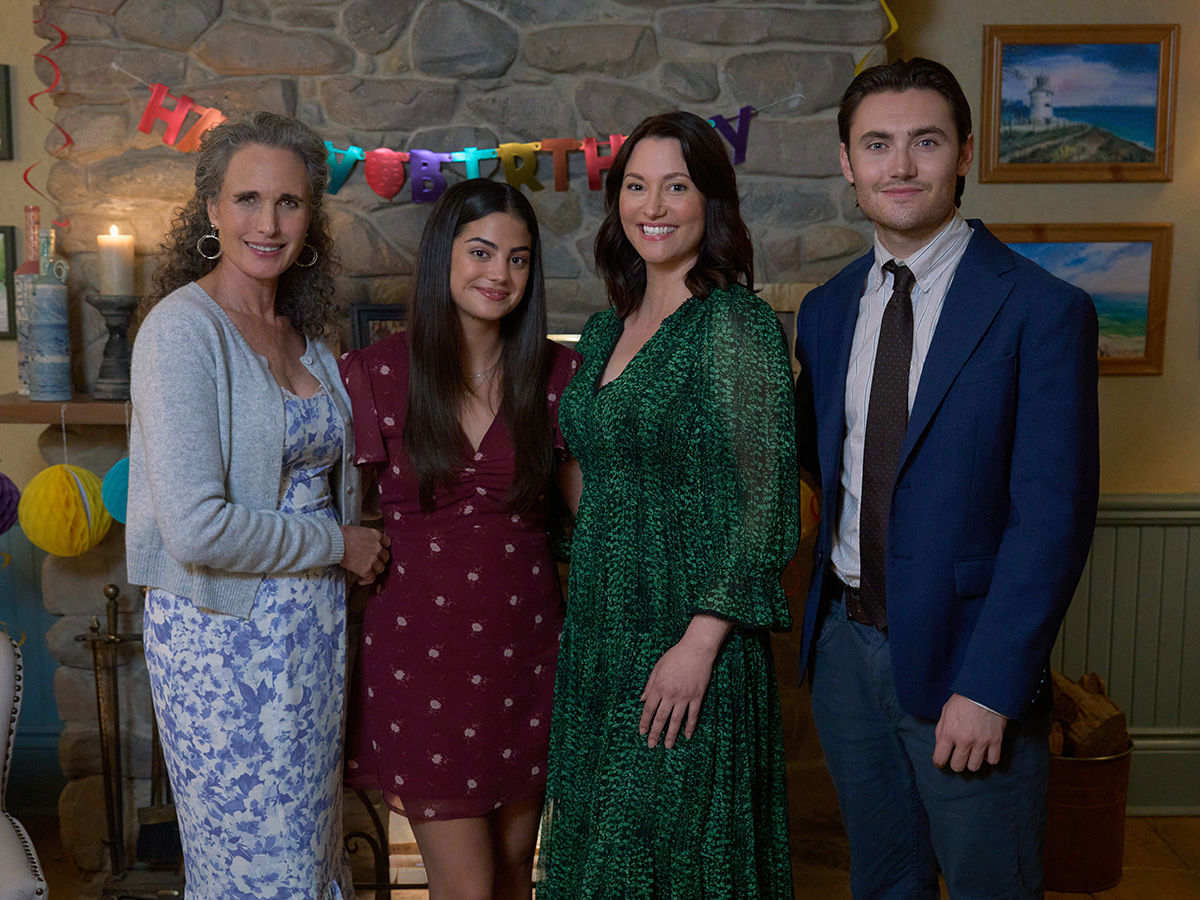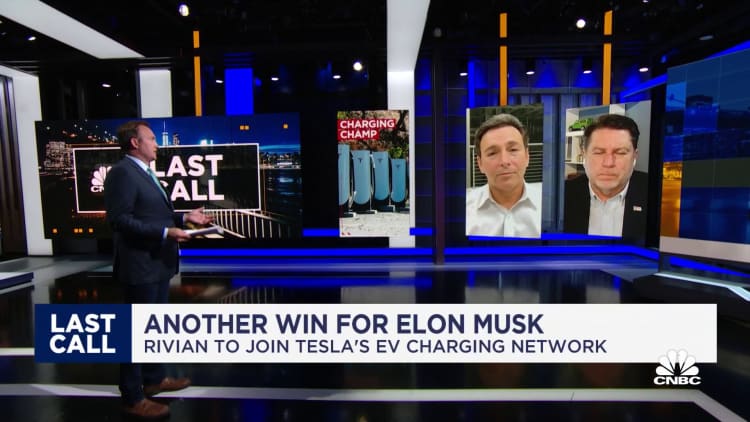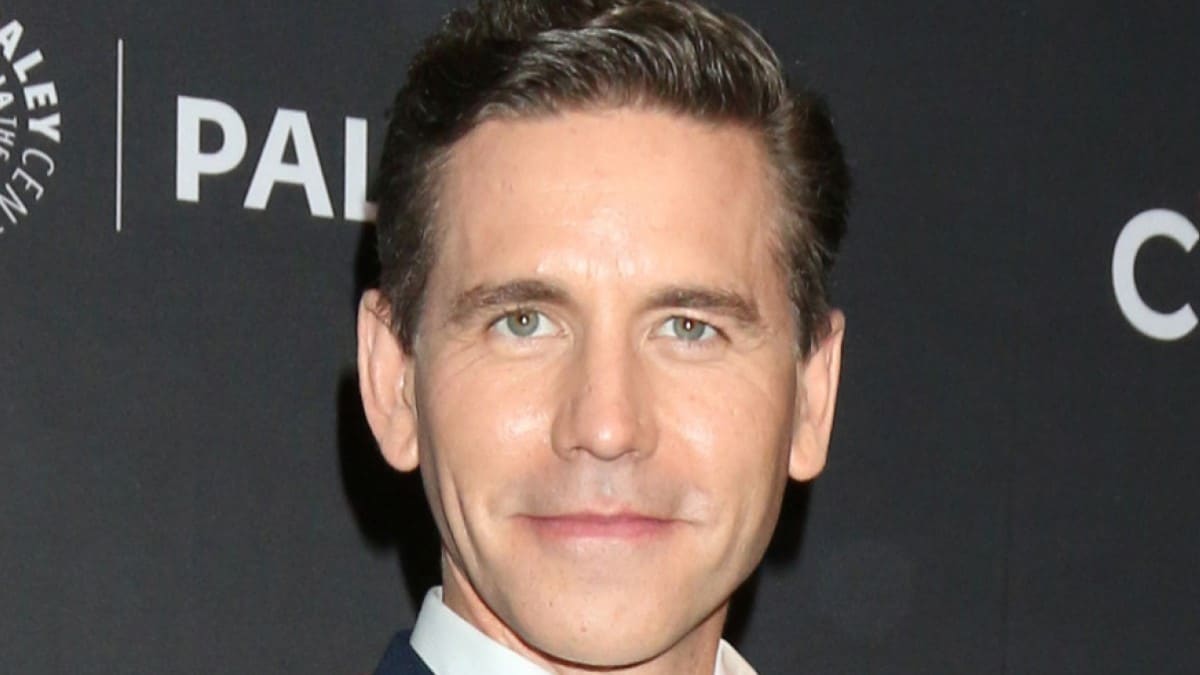The climate change trial in a lawsuit brought by young Montanans came to a sudden end on Tuesday after the state decided not to put two of its three expert witnesses on the witness stand. Attorneys for the plaintiffs — 16 young people ranging in age from five to 22 — in Held v. Montana argue that state laws that overtly promote fossil fuel energy violate the state’s constitution, which includes a clause stating that “The state and each person shall maintain and improve a clean and healthful environment in Montana for present and future generations.” Can’t do that if you’re promoting the cause of civilization-endangering climate change, guys.
In particular, the lawsuit has focused on the Montana Environmental Policy Act (MEPA), which explicitly forbids the state from assessing or considering greenhouse gas emissions in environmental reviews for energy projects. As DeSmog explains, that provision was signed into law by Gov. Greg Gianforte in May of this year, amending MEPA to say that environmental reviews
“may not include an evaluation of greenhouse gas emissions and corresponding impacts to the climate in the state or beyond the state’s borders.” Under the previous version of the statute as amended in 2011, the state was barred from considering impacts beyond state borders in environmental reviews. This was implicitly understood to mean that climate change was not allowed to be factored into permitting decisions.
In testimony last week, an expert witness for the plaintiffs, Anne Hedges of the Montana Environmental Information Center, noted that prior to 2011, the Montana Department of Environmental Quality (DEQ) evaluated and disclosed projected greenhouse gas emissions for energy projects, and while that information wasn’t used by the state to refuse any permits, the data were used by citizens groups to protest the projects, sometimes successfully blocking them.
That made fossil energy companies very mad, so they insisted on changes to the laws, and they got ’em.
Hedges also testified that Montana regulators have never refused a permit for a fossil fuel project, concluding her testimony by saying, “Montana is not walking, it is running, in the wrong direction to address the climate crisis.”
Tuesday, the state’s witnesses included a couple of state bureaucrats who explained they aren’t scientists; remarkably, the head of the state DEQ, Chris Dorrington, acknowledged that prior to the trial, he wasn’t actually familiar with the Intergovernmental Panel on Climate Change (IPCC), the obscure little world’s most authoritative body on climate change. Heck, it’s only been around since 1988, and Dorrington is only the head of Montana’s environmental quality agency. As far as we know, though, the plaintiffs’ attorneys did not ask whether his sole training involved learning how to use a rubber “APPROVED” stamp for permits.
Still, Dorrington did a bit better than one of the state’s defense attorneys, Thane Johnson, who last week fumbled to pronounce the abbreviation “IPCC” at all, saying, after a scientist on the stand kept correcting him, “I’m going to write that down. There’s a lot of Cs and Ps involved in this.” Johnson also kept trying to get scientific witnesses to admit that electric tractors are impractical, even though tractors don’t have much to do with greenhouse emissions from agriculture.
On the whole, the state’s case has relied on insisting that Montana can’t do anything by itself to end climate change, so it shouldn’t have to do anything at all to even contribute to reducing emissions. At one point, the defense suggested last week that since it’s impossible to show that any specific state policy could be shown to have directly harmed any child in Montana, then the state can’t be held responsible for any of its climate policies at all.
For reasons no one has yet discovered, the state also withdrew the climate skeptic who was supposed to be its top expert witness, Judith Curry, a former climatologist who now makes a living denying that climate change is much of a risk or that humans really contribute to it in any significant way, despite the overwhelming consesnsus of real scientists, including regular reports from the IP whatever C. Needless to say, wingnuts tout her “actual climatologist” credentials to insist she’s the only person honest enough to stand up to all those greedy scientists who want us to have socialist clean energy.
The state also didn’t call as a witness Dr. Debra Sheppard, a Montana neuropsychologist who had been on its list of experts; she had been expected to refute claims that climate change has led to stress and anxiety in children. Julia Olson, the executive director and chief legal counsel of Oregon-based environmental NGO Our Children’s Trust, which represents the kids, said that Sheppard “admitted in her deposition that she didn’t understand climate change and had no expertise on the mental health impacts of climate change on young people.”
But boy, Montana Assistant Attorney General Michael Russell had some impressive invective against the plaintiffs, in lieu of any science.
He said calls by the plaintiffs for the state to take the lead in addressing climate change was a social statement, not a legal argument. The case put on by the young plaintiffs was a “weeklong airing of political grievances that properly belong in the Legislature, not a court of law,” he said.
For that reason, Russell said, the lawsuit should be thrown out to protect the separation of powers, to let the Legislature do its job. Which, clearly, is to do whatever fossil fuel energy interests want.
A spokesperson for state Attorney General Austin Knudsen spun the case as a “publicity stunt staged by an out-of-state organization that is exploiting well-intentioned children,” boo hiss, those exploiters. In an unfortunately ironic note, the spokesperson is named Emily Flower, although her capacity to absorb atmospheric CO2 is not known.
The case will be decided by state District Judge Kathy Seeley at some point after both sides file proposed findings in the case early next month. As the AP explains,
If Seeley sides with the plaintiffs and declares the state law unconstitutional, it would be up to the Republican-led legislative and executive branches of Montana government to respond. Representatives of Gov. Greg Gianforte’s administration indicated during the trial that there is no basis under state law for rejecting permits for projects, even if their climate impacts are disclosed.
Even so, it would be a potential precedent, and could help bring pressure for similar cases in the future. Or perhaps it will lead to the Montana Lege amending that hippie stuff right out of the state constitution.
Finally, remember that for Friday, we’re wrapping up our current Wonkette Book Club, finishing our reading of Kim Stanley Robinson’s 2020 novel The Ministry for the Future. As you may recall from last week’s reading, Montana mostly becomes a nature preserve in the novel, and we have no objections there.
[DeSmog / AP / DeSmog / Skeptical Science]
Yr Wonkette is funded entirely by reader donations. If you can, please give $5 or $10 a month so we can keep bringing you the latest on what those kids are up to.























